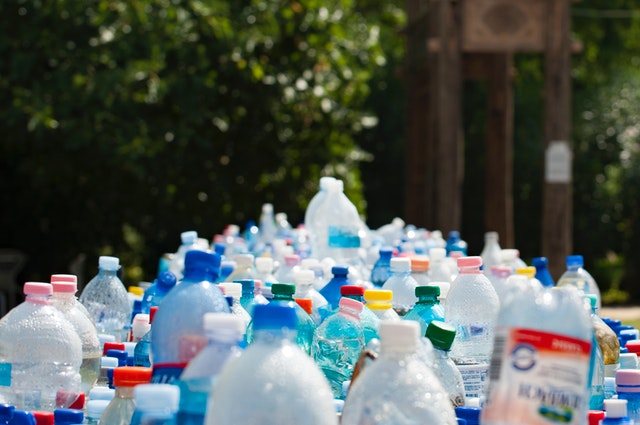WHAT IS RECYCLING?
The process of converting old useless things into new ones for a different use is known as recycling. It is one of the main constituents of the new waste management system ‘Reduce, Reuse, Recycle’.
BENEFITS OF RECYCLING –
- Protects wildlife, ecosystem and biodiversity – Recycling slows down the need to harvest, grow or dig out and use more natural resources from the earth as the same old stuff is recycled to be used for something else. This decreases the man-made damage and disturbance done to nature and the earth. Recycling provides a way for cutting down lesser trees, not changing river’s flow patterns and their path, it does not cause harm to animals or displaces them and it does not cause air, land or noise pollution.
- Conserves natural resources – Natural resources are not unlimited in supply and need to be used very cautiously. By recycling things like paper or wooden material, we can conserve our age-old forests and also plant new trees. Recycling plastic items like bottles, cups and plates will reduce the production of plastic and lessen the need for it. Recycling metals will lead to less extraction of metals as the need and use of it will decrease. As sand is used to make glass, the production and supply of glass will naturally decrease if the glass is recycled and sand will be conserved too.

- Protects people – As the search for newer resources and material goes, it is always poor and tribal that are affected the most as they are displaced and their homes are snatched away for capitalist purposes with no compensation whatsoever. Recycling will give rise to innovative ideas for different things which will reduce the need for new raw materials and resources and in turn, protect the people who are affected by it.
- Saves energy – Recycling products within the respective depot require less energy than the products which are made fresh from scratch using new natural resources and raw materials. Recycling aluminium uses about 95 per cent less energy. For steel, it is 70 per cent. For recycled paper, it is 40 per cent.
- Reduces carbon emissions – As things get recycled it means that less energy will be used to produce new things from new natural resource and raw materials, this will automatically decrease the carbon emissions. Reducing greenhouse gases and carbon emissions are essential to save the planet and nature.
- Decreases landfill waste – As things get recycled and new products are made, less and less waste is produced. Landfills not only pollute the surrounding area with horrendous smell and diseases but also pollute the water and soil by leaking in some disastrous and toxic viruses and bacteria. Landfills take up a good amount of space on land and also produce greenhouse gases like methane which pollute the air and harm us and nature.
- Decreases incineration – Burning or incinerating the waste sometimes leads to wastage of useful things which could be reused or recycled. Incineration or burning also produces huge amounts of carbon emission into the air especially when rubber or plastic are burnt. Rubber and plastic let out poisonous gases in the air leading to more pollution and danger.
- Creates employment opportunities and awareness – Recycling of goods leads to industries which are specially designed for recycling waste. Different industries could come up like aluminium paper plastic steel glass etc. and create thousands of job opportunities. This, in turn, will also create awareness about recycling which will naturally reduce the burden on natural resources and reduce pollution and make people aware of the benefits of recycling for a better and sustainable life.

